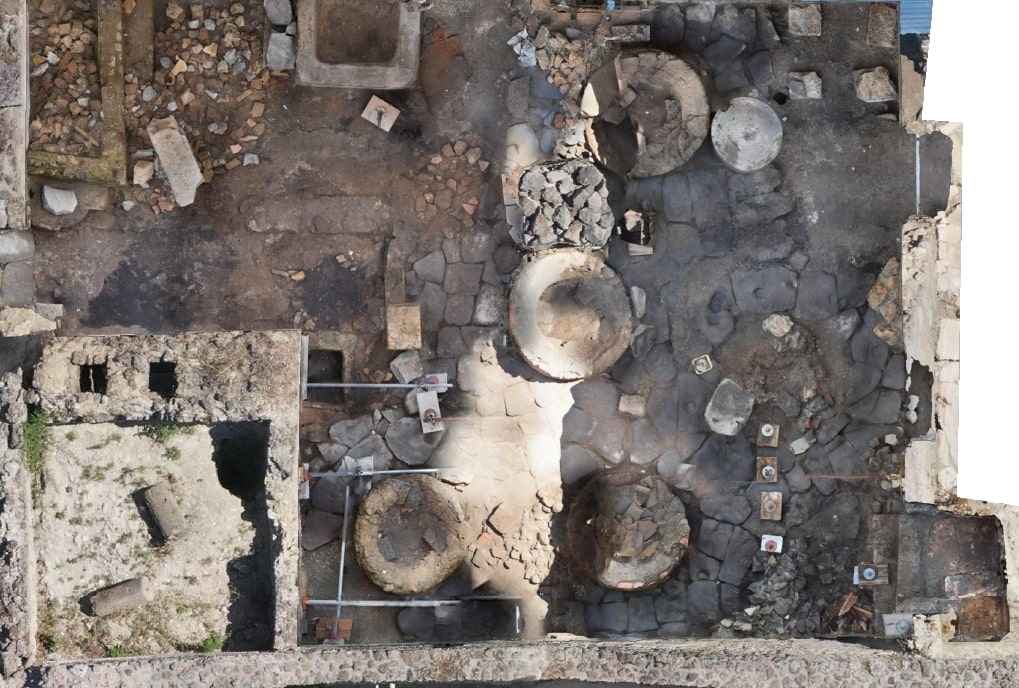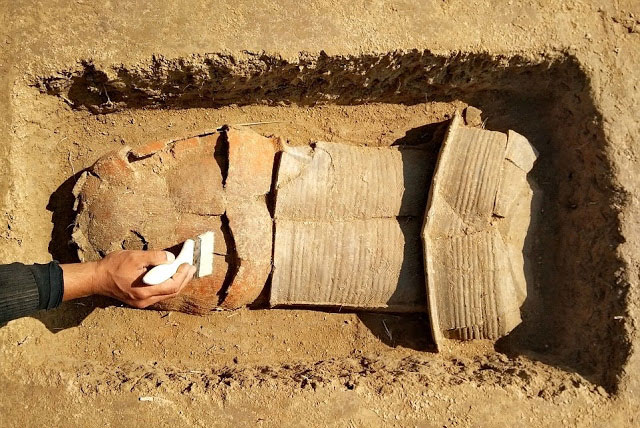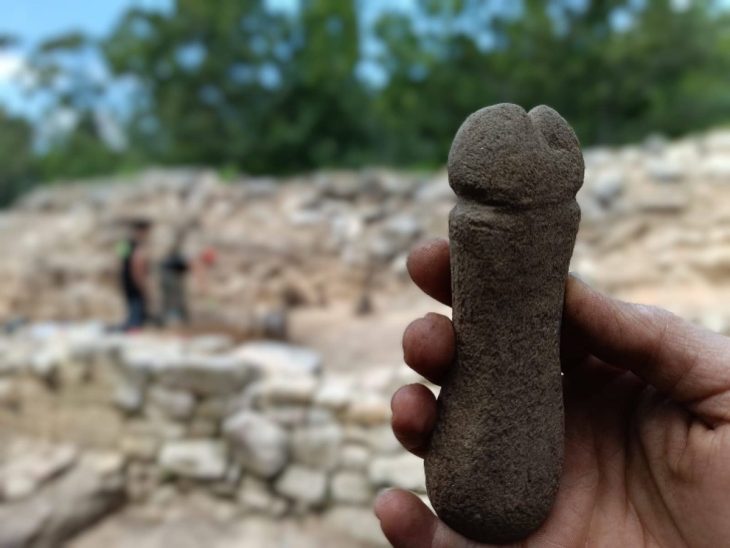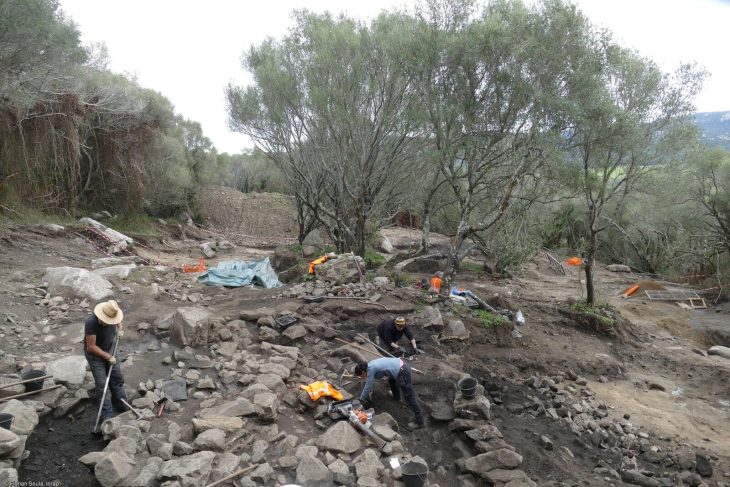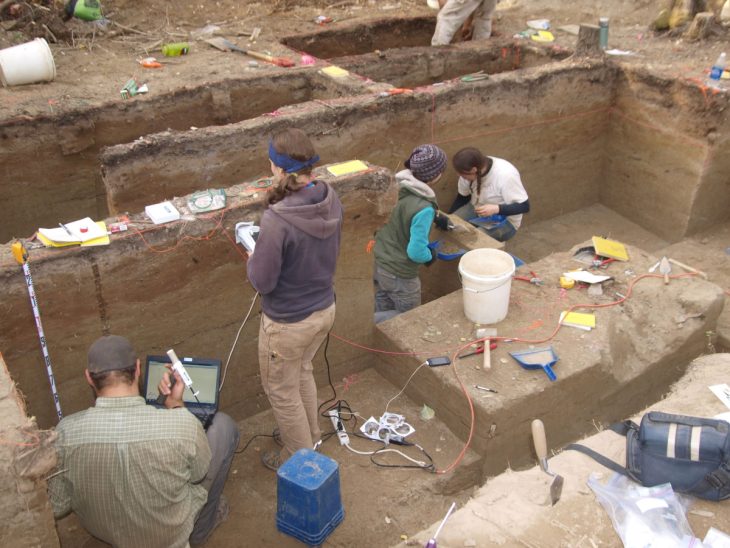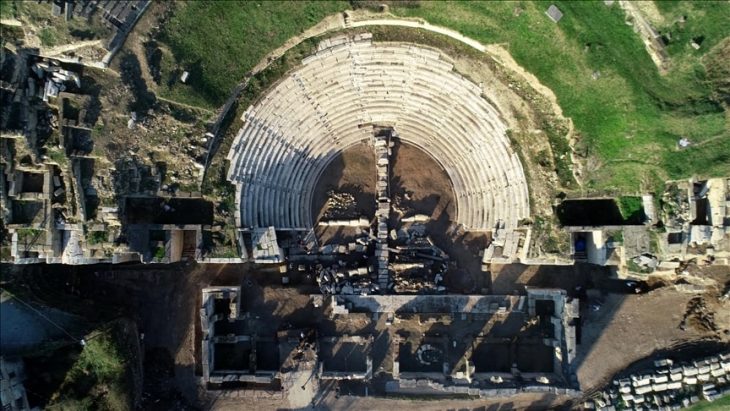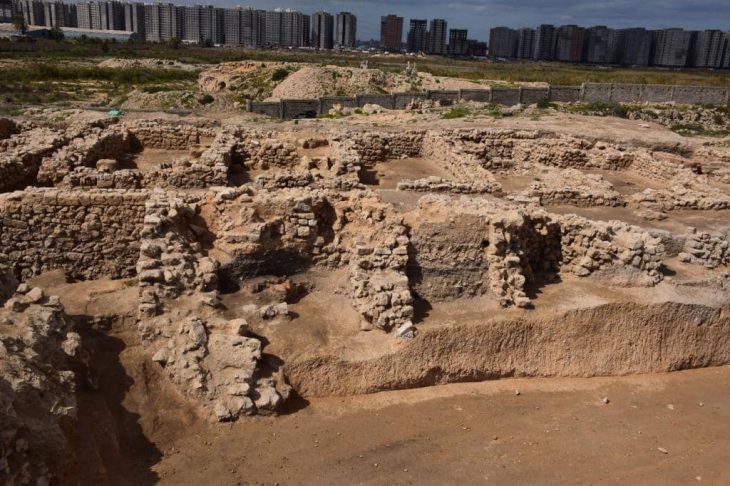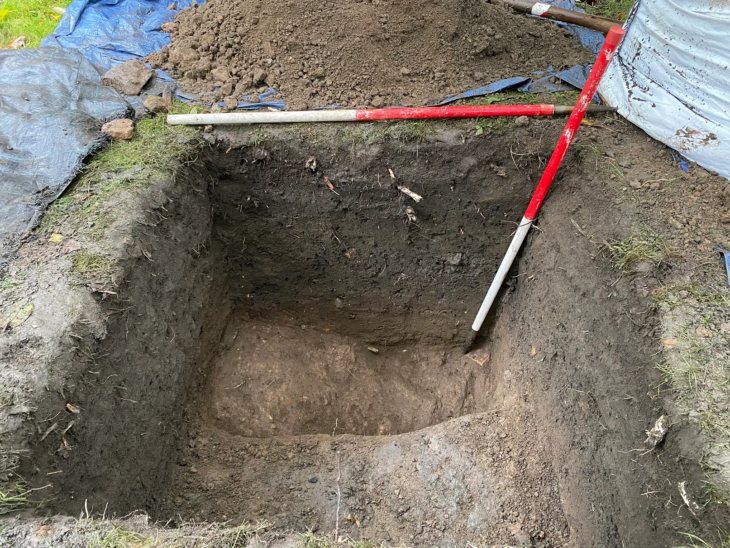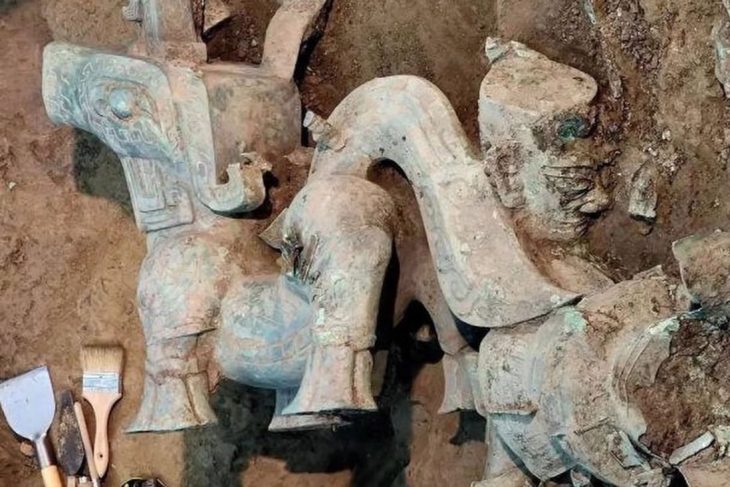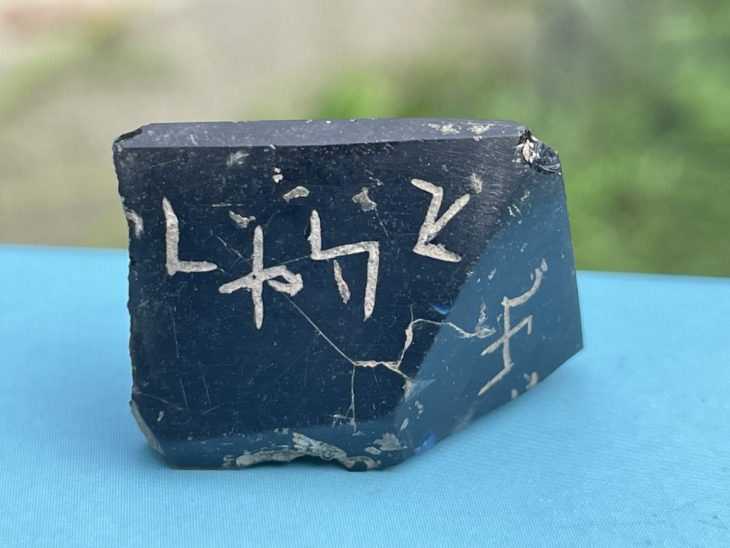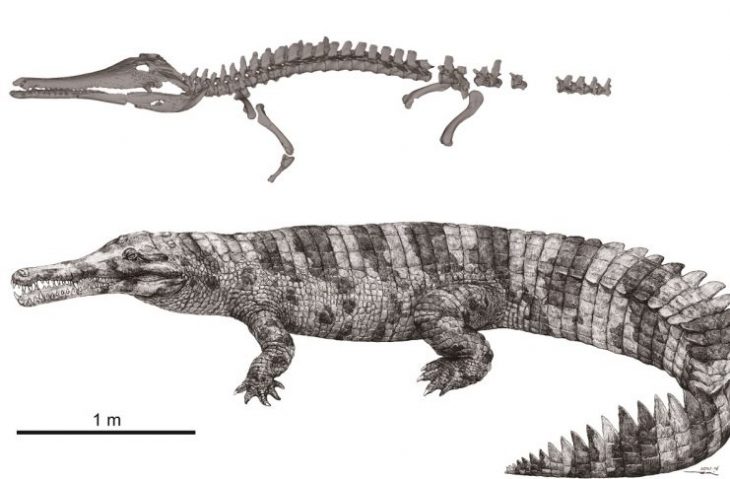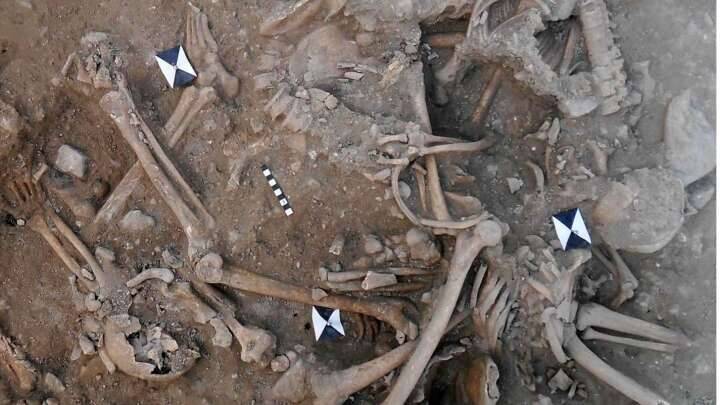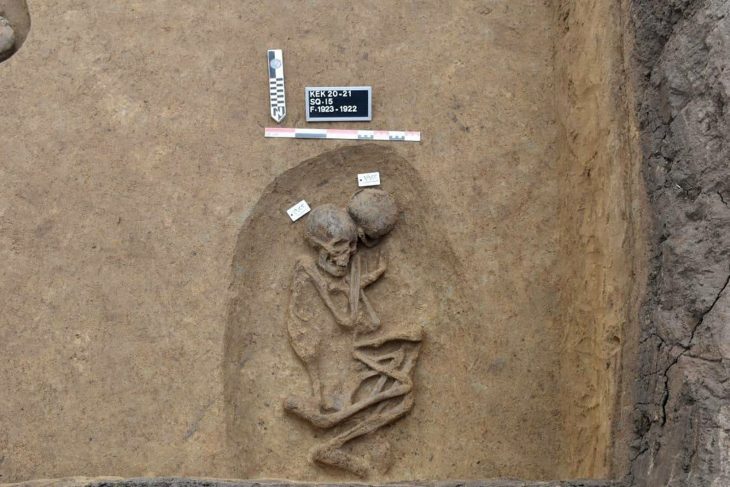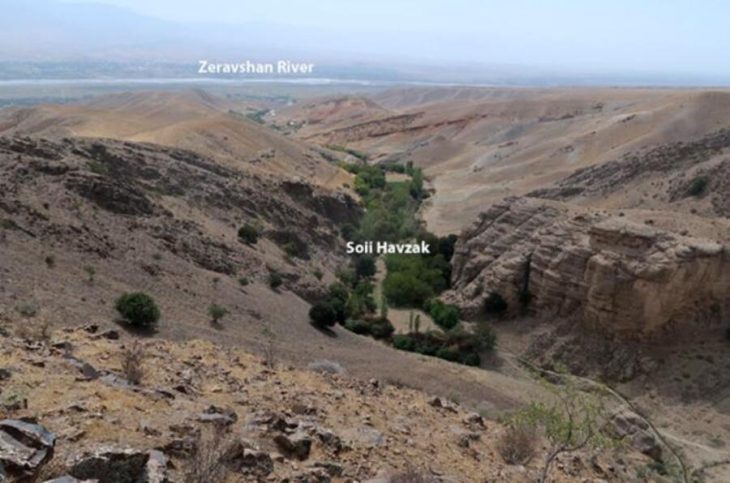Archaeologists working on the ongoing excavations in Region IX, Insula 10, near the slopes of the ancient city of Pompeii, have uncovered a bakery prison where enslaved workers and blindfolded donkeys were confined and exploited to produce bread.
The latest discovery at Pompeii shows the cruelest side of Ancient Roman society. A cramped room with no view of the outside world and small windows high in the wall with iron bars was uncovered during the excavations, which are part of a larger project to secure the slopes around the unexplored areas of the city.
In an article just published by the official E-Journal of the Pompeii Archaeological Park, the discoverers accurately describe this claustrophobic facility as “a bakery-prison, where enslaved workers and donkeys were confined and exploited to grind the grain needed to make bread.”
The bakery hardly resembled a modern bread-making facility. The tiny windows that have been found in the room, pierced by iron bars, let in a meager light and did not open to the outside, but to another room of the dwelling. Inside, enslaved men and women and animals lived, slept and ground grain to make bread together.
The donkeys had to walk in a circle for hours, both day and night, blindfolded, to move the millstone, accompanied by a person who, in addition to pushing the millstone, had to whip the animal and monitor the milling process, adding grain and taking out the flour when it was time. The pavement still preserves the notches that were made to prevent the beasts from slipping and that, at the same time, traced a kind of circular itinerary.
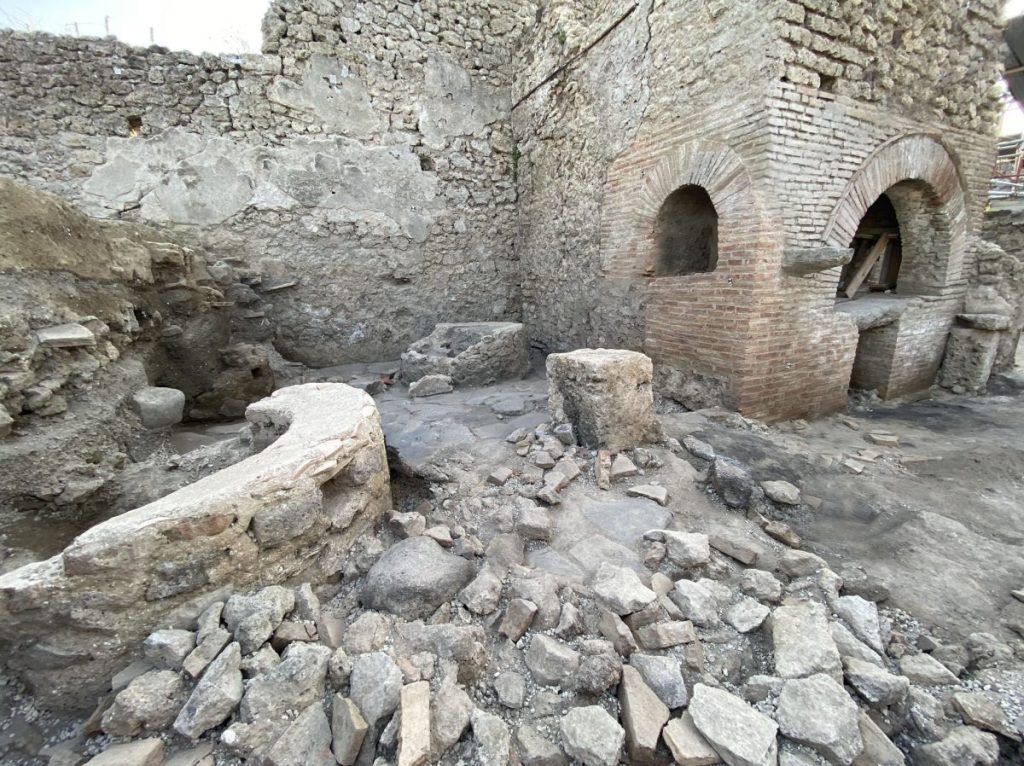
The ancient ruined bakery, which was still presumably in use when the eruption of Mount Vesuvius buried Pompeii in a mountain of ash and lava in 79 AD, reveals the extreme cruelty for which the Roman Empire was known.
“It is a space in which we have to imagine the presence of people of servile status … it is the most shocking side of ancient slavery” and its “brute violence”, said Pompeii’s director Gabriel Zuchtriegel.
The management of the Pompeii Archaeological Park has explained that the brutality of the working conditions in the mills of antiquity was already documented in the work The Golden Ass, also known as the Metamorphoses by the writer Apuleius, who lived in the 2nd century AD.
The grim reality of daily life in this space complements the narrative presented in the upcoming exhibition, “The Other Pompeii: Ordinary Lives in the Shadow of Vesuvius,” opening on 15 December at the Palestra Grande in Pompeii.
The exhibition sheds light on the forgotten individuals, such as slaves, who, though often overlooked by historical sources, constituted the majority of the population, significantly contributing to the economy, culture, and social fabric of Roman civilization.
Cover Photo: The bakery prison seen from above. Photo: Pompeii Archaeological Park

